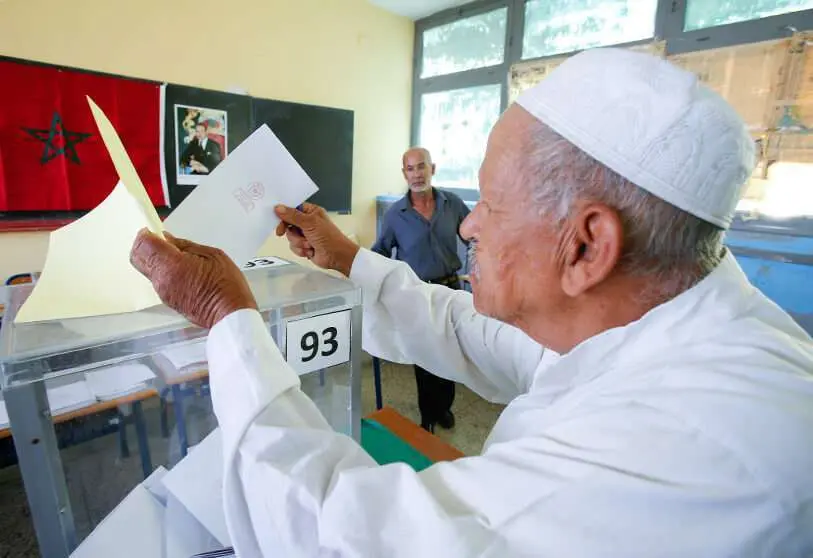Elections in Morocco

The three elections to be held on Wednesday 8 September in Morocco are extraordinary in that they coincide with parliamentary, regional and local elections. The three administrations represent very specific interests for the citizens because of the different expectations they have to meet.
Local and regional power is of considerable importance in the day-to-day life of Moroccans, although the decisions of King Mohammed VI and his entourage of power represented by his advisors and the ministers of sovereignty (interior, defence, foreign affairs and religious affairs) represent the most profound changes in the process of modernisation and progress undertaken by the Alaouite monarch since his accession to the throne. The boost in new infrastructures, the renewal of the public sector, the creation of a new development model that avoids inequality and territorial national unity are measures that have been developed since October 2019, but have clashed head-on with the crisis created at the beginning of 2020 by the coronavirus pandemic.
The Moroccan economy has been affected by the serious damage caused by the virus, including the total collapse of tourism, which is one of the main sources of income. The legislative elections take on special relevance on this occasion due to the uncertainty created in the polls regarding whether the moderate Islamist party, Justice and Development, will be able to renew the confidence of the majority of the population for the third time in order to be able to continue to preside over the government with the participation of other parties.
Polls point to some erosion of the Islamist candidate and current prime minister, Saad Eddine El Othmani, who is blamed for the employment problems caused by the coronavirus crisis and other decisions that have not enjoyed popular support. Moreover, changes to the Electoral Law are not likely to benefit the Islamists in principle. The RAI, a centre-right party led by former Agriculture Minister Aziz Akhannouch, is the strongest alternative and is hoping to win the vote of the disgruntled. On the centre-left, the PAM led by Abdellatif Ouahbi, leader of the opposition, is betting on leading an alternative to the Islamists with other parties such as the nationalist Istiqlal led by Nizar Baraka.
Almost 18 million voters have registered to vote, two million more than in the previous elections, representing increased interest among Moroccans, who have not objected to numerous foreign institutions acting as observers. In addition to COVID-19, these elections will be marked by economic interests, optimism over the solution to the Sahara conflict, even though Algeria has broken off relations with Rabat, and the new situation with Spain and Israel.

